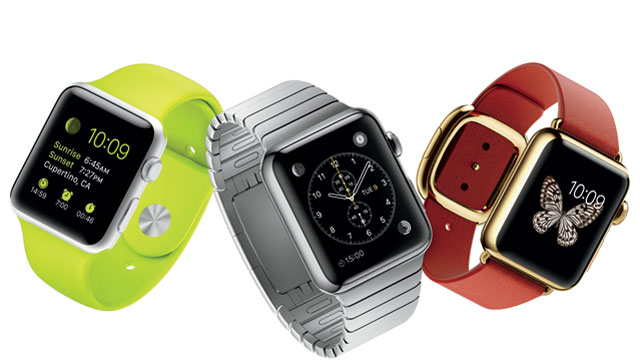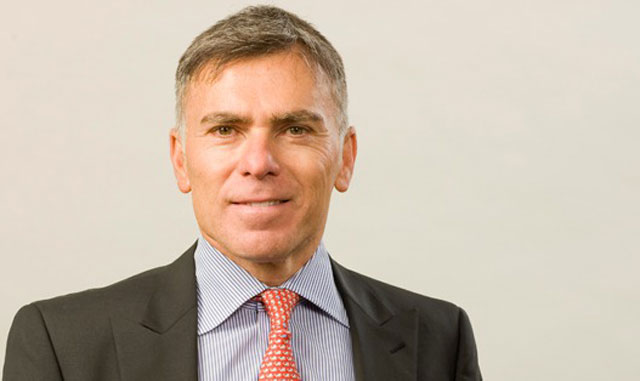
Insurance group Discovery plans to launch a full-scale retail bank out of its credit card, CEO Adrian Gore said on Thursday.
Discovery plans to use around R1,3bn of the R5bn it raised in a recent rights offer to increase its stake in DiscoveryCard, a joint venture with the FirstRand Group, to 74,99%.
It will spend an additional R800m to R1bn on the development of the bank, Gore said.
He said that Discovery was still in the process of applying for a banking licence and is attracting a team to drive the project. Gore would not be drawn on a launch date but said the bank was a “multi-year project” and will not be launched for a number of years. He said its focus would be retail customers and small businesses.
“We’re obsessed with being the best globally,” Gore, speaking at the group’s results for the year to June, said.
For the year under review, Discovery grew normalised headline earnings 16% to R3,5bn, with operating profit growing 17% to R5,8bn, as its home market continued to grow revenue and market share, particularly in the health and life insurance sectors.
New business grew 15% on a normalised basis. When including the award of the Bankmed Medical Scheme, new business grew 51% to R17,5bn.
Meanwhile, Gore announced that Discovery’s Vitality Group is partnering with Apple Watch to bring the group’s global customer base Vitality “active rewards”. This will be launched in South Africa later this month and be rolled out to all Vitality markets later.
“Essentially, what we’ve done is use the Apple Watch as a centrepiece in active rewards. So people wearing these watches have the ability to track their activity and be rewarded through the process,” Gore said. “The financial structure and how it links to insurance will be quite unique. The benefit to our customers will be tremendous, they’ll have access to the watch, they’ll have access to active rewards.”
As a Vitality product, the initiative will involve a group of “core partners worldwide with the potential to make millions of people healthier”, Gore said.
Discovery has effectively franchised its Vitality business model, partnering with insurance companies in countries such as China and the US where it does not want to be a primary insurer.

In the US, the Vitality Group grew adult members by 33% to 774 518 in the period under review. These members represent corporates that have adopted the Vitality product offering. “This indicates a growing realisation in the market that Vitality is changing the conversation to focus on healthy living,” Discovery said in its results announcement.
In April, Vitality announced its partnership with one the US’s largest life insurers, John Hancock Insurance, which now offers its members the healthy living programme. Gore said that Vitality business from John Hancock was still small but that the insurer sold fewer, high-value life insurance policies.
The partnership garnered significant media attention in the US across significant print and television outlets, dubbed as “a whole new approach to life insurance in the US” and a game changer for the American life insurance industry.
Gore reiterated that Discovery’s core purpose is to make people healthier and enhance their lives via its shared value model: this incentivises healthier behaviour on the part of members, so boosting Discovery’s profits due to lower claims rates, better mortality and lower lapse rates, which profits are then passed back to members in the form of rewards and lower premiums.
The group declared a dividend of 89c/share, up by 14% on the previous year.
- This article was first published on Moneyweb and is republished here with permission




